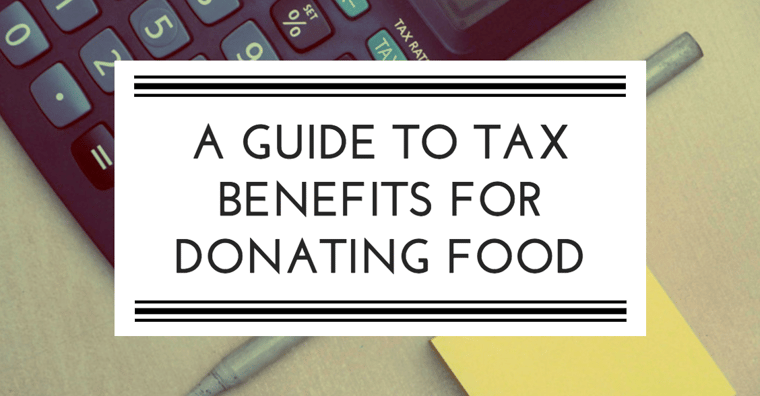
In December 2015, Congress passed a permanent extension of enhanced tax deductions for food donations. When donating inventory of wholesome food to charity, Section 170(e)(3) of the U.S. Tax Code stipulates that businesses are eligible for enhanced tax deductions, up to 15% of their taxable income.
In many cases, businesses can claim additional tax deductions when donating surplus product beyond the tax shield that is earned from simply liquidating or disposing of the goods.
This blog post from the Harvard Food Law and Policy Clinic gives more details on the legal language surrounding enhanced tax deductions for food donations, but here’s quick summary from their post:
“The extension and modification of the charitable deduction for contributions of food inventory included in the 2016 omnibus budget contains four significant changes:
- a permanent extension of the enhanced tax deduction for food donations
- increases the deduction’s cap to 15% of the donor’s net income
- provides certain taxpayers a new optional formula for calculating the enhanced deduction
- provides a formula for determining the fair market value (FMV) of food inventory.”
Source: Harvard Food Law and Policy Clinic
Which data should I track?
- Fair market value: The price at which comparable items are being sold elsewhere in the market.
- Cost basis: Cost of producing/acquiring the food (or 25% of FMV for certain farms and small businesses).
Where can I find out more information?
We recommend these resources:
- Information about tax incentives for food donations in Massachusetts
- The actual act that was passed regarding the enhanced tax deductions
- Tax deduction for food donation: A legal guide - updated April 2016
Feeling overwhelmed? Good news, Spoiler Alert can help. We offer automated tax receipts for every food donation on our platform, along with tons of other features.
If you’re a New England food business or farm looking to maximize your tax benefits for food donations, sign up for Spoiler Alert here.
.png?width=250&name=SpoilerAlert_WhiteLogo_LeftStacked%20(7).png)

